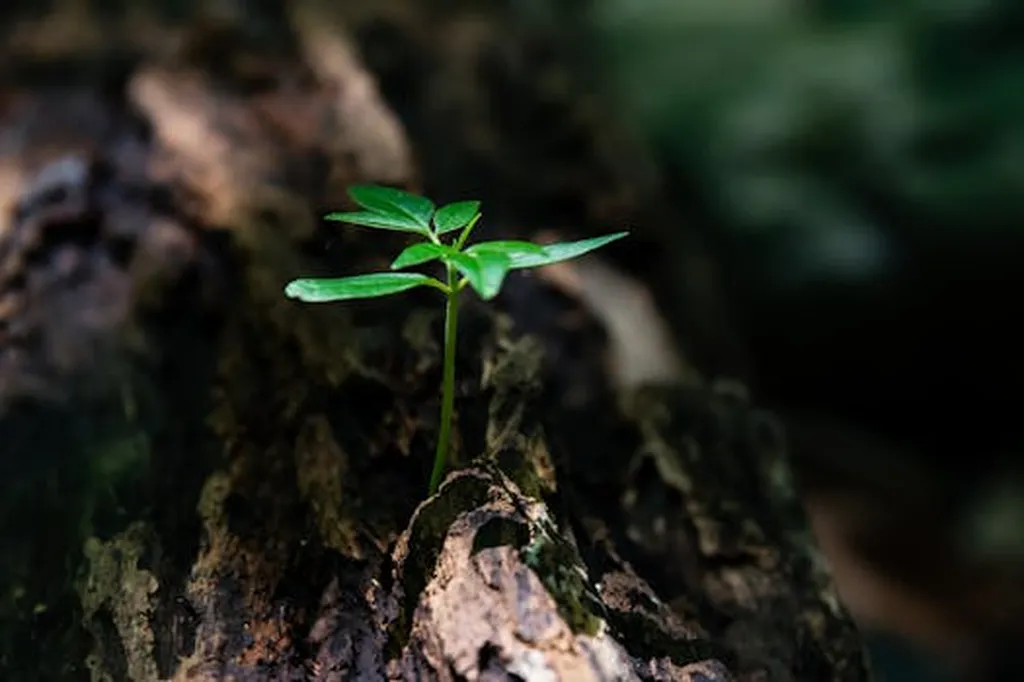In the heart of China’s Guizhou Province, researchers have uncovered a genetic secret that could bolster the resilience of castor plants, a non-edible oilseed crop with vast industrial applications. Muhammad Arif, a scientist at Guizhou University’s College of Agriculture, led a team that identified nine B-cell lymphoma 2 (Bcl-2)-associated athanogene (BAG) proteins in castor (Ricinus communis L.), shedding light on their role in combating environmental stresses.
Castor, a hardy crop thriving in arid and semi-arid regions, is a cornerstone of the energy sector, its oil used in biodiesel, lubricants, and industrial applications. Yet, its full potential has been hampered by susceptibility to environmental stresses. “Understanding how castor plants cope with stress is crucial for improving their yield and sustainability,” Arif explained. The BAG proteins, known to regulate stress responses, growth, and development in both plants and mammals, emerged as a promising avenue of investigation.
The team’s genome-wide analysis, detailed in a recent study published in the journal *Scientific Reports* (translated from Chinese as “Scientific Reports”), revealed that these RcBAG genes are unevenly distributed across seven of the plant’s ten chromosomes. Through in-depth phylogenetic and synteny analyses, they uncovered the evolutionary conservation of these genes, hinting at their fundamental importance.
The researchers also examined the genes’ responses to various abiotic stresses and hormones. Quantitative real-time polymerase chain reaction (qRT-PCR) analysis showed that all nine RcBAG genes were significantly induced after cold and heat treatments, underscoring their role in stress management. “The strong induction of these genes under stress conditions suggests they could be key players in castor’s defense mechanisms,” Arif noted.
Moreover, the study predicted protein–protein interactions, revealing a tight network between RcBAGs and heat shock proteins (HSPs). This interaction hints at a complex regulatory network that could be harnessed to enhance the plant’s resilience.
The findings open new avenues for improving castor’s stress tolerance, which could have significant commercial impacts. “By understanding and manipulating these genes, we can potentially develop castor varieties that are more resilient to environmental stresses, ensuring a stable supply of this valuable crop for the energy sector,” Arif said.
The research also provides a foundation for exploring the molecular mechanisms and regulatory processes during castor’s growth, development, and response to various stressors. As the world grapples with climate change, such insights are invaluable for developing crops that can withstand increasingly harsh conditions.
This study not only advances our understanding of castor’s genetic makeup but also paves the way for innovative strategies to enhance its productivity and sustainability. In an era where the demand for renewable resources is surging, these findings could be a game-changer for the energy sector, offering a more resilient and reliable source of biodiesel and industrial oils.

